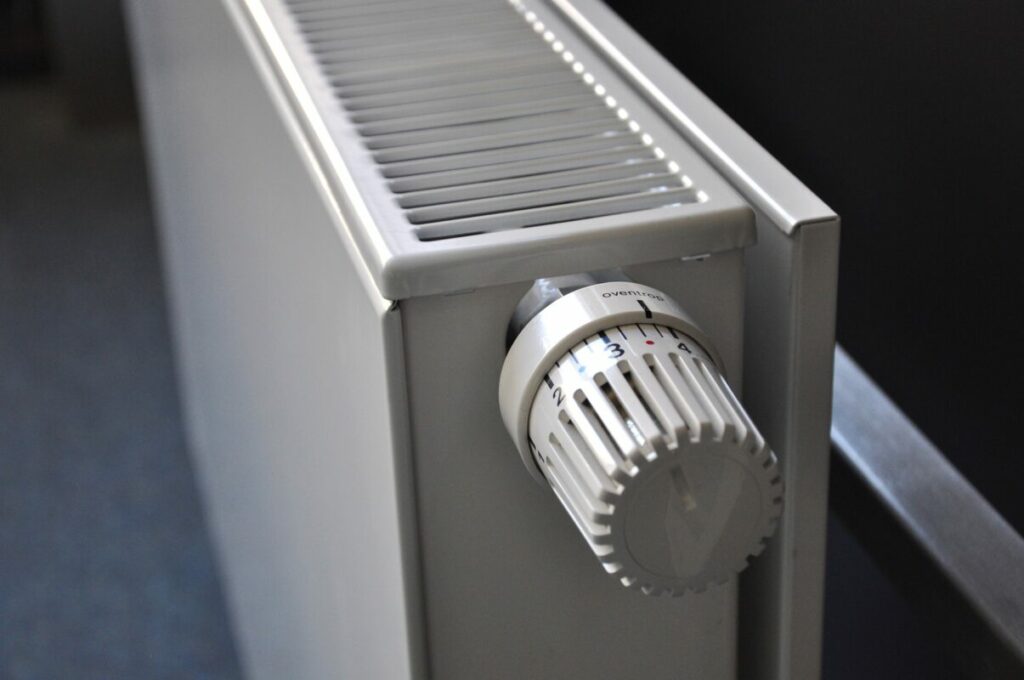The Committee on Fuel Poverty (CPF) has admitted there are “no easy answers” to address the implications of standing charges on UK households.
The organisation’s comments form part of Ofgem’s Call for Input on standing charges announced on 16 November to review how these charges are applied to energy bills and explore alternatives that could be offered to customers.
As shown by Ofgem’s ‘Meeting or Missing Milestones’ discussion paper, published last year, standing charges for domestic electricity customers have increased “significantly” since 2021, more than doubling for customers paying their electricity bills by direct debit, who saw bills jump from an average of £86 per annum to £186 per annum between 2021 and 2023.
Two reasons are identified for this jump in standing charge costs:
- Ofgem’s decision to move certain network costs charged from a unit cost to a fixed basis following its Targeted Charging Review.
- Suppliers recovering Suppliers of Last Resort (SoLR), which are costs of electricity supplier failures, through standing charges.
CPF noted that suppliers’ decision to pass on these fixed costs to customers in the form of standing chargers rather than unit rates was independent, adding “it would be interesting to know if Ofgem anticipated this or not and to understand from suppliers more the rationale for choosing to pass on costs to billpayers in this way.”
This decision seems especially unfair as Ofgem has said that SoLR costs could have been met using unit rates and that standing charges have a “disproportionate negative impact on many low-income households.”
These charges are likely to increase, added the CPF as the cost of Bulb’s failure in 2021 still has the potential to be picked up by bill-payers.
A solution suggested within the CPF’s ‘Understanding the challenges faced by fuel poor households’ paper was for suppliers to offer a greater range of energy tariffs to customers and assist them in finding the right one.
The CPF also called for preventative discussions around potential risks such as more suppliers failing and how the impact of this can be mitigated.
As the UK races towards net zero, the cost-barrier for low-carbon, low-cost technologies persists, meaning that energy bills for low-income households will remain higher than need-be, adding further cost to current standing charges; this, the CPF concluded, raises the question “is it fair that fuel poor and vulnerable households should be asked to contribute to these policies and to reduce fuel poverty through their bills and if so by how much?”






